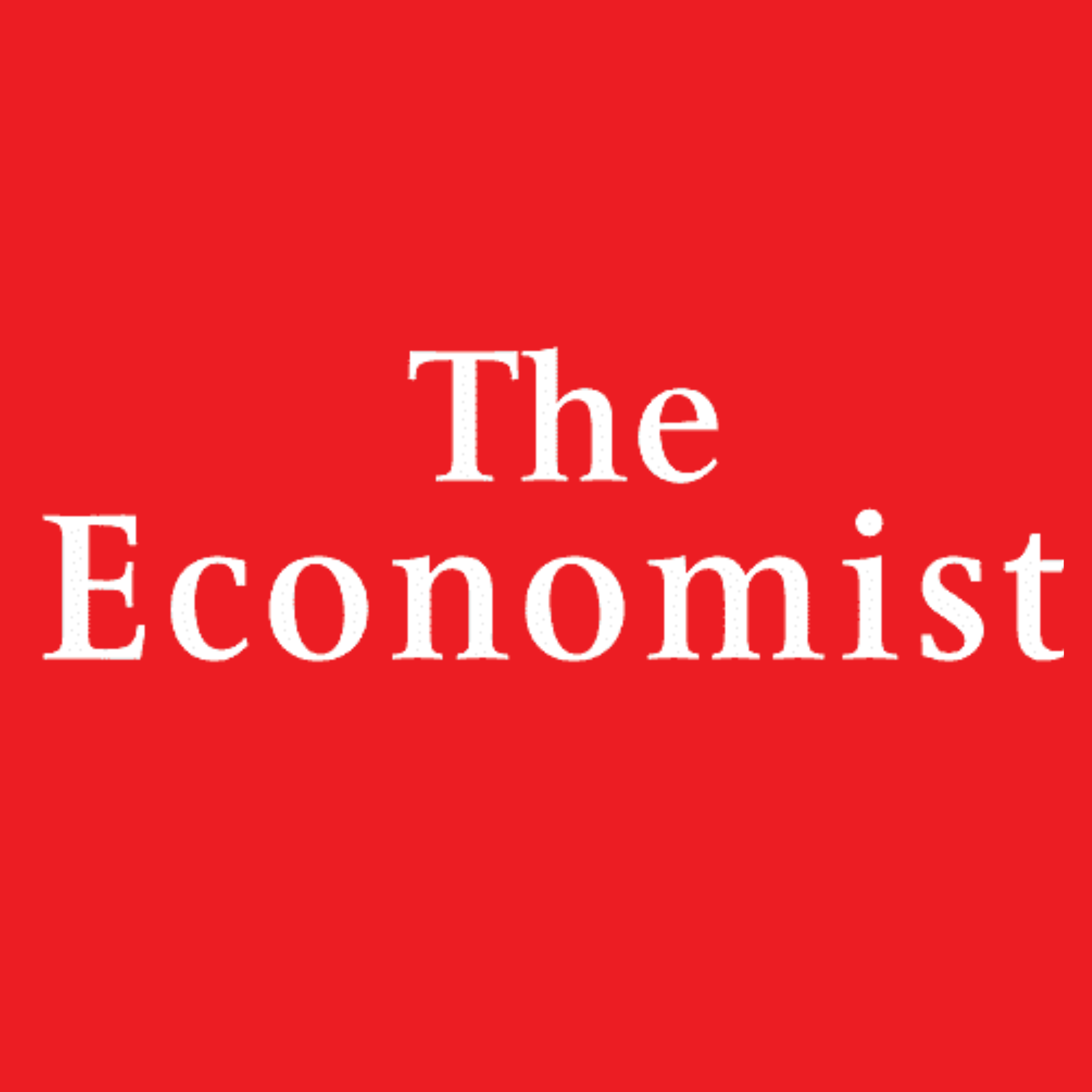
IN THE MEDIA
Media Coverage
Our team works hard to stay active by placing articles in the popular press that challenge dominant paradigms of eternal growth and human supremacy, and guide mainstream thinking toward an attitude of balance among natural ecosystems, nonhuman animals, and humanity.
Media inquiries for our executive director Nandita Bajaj can be sent to media@populationbalance.org.

Anxiety over global warming is leading some young Americans to say they don’t want children
Parenthood and climate change are related not just because of fears for a child’s well-being, but also by concern for the planet’s well-being. Compared to the carbon emissions of all the other decisions, “having a child is by far orders of magnitude larger,” said Nandita Bajaj, executive director of Population Balance, which is a nonprofit focused on humans’ environmental impact.

Pronatalism and the myth of the global fertility crisis
“So… we don’t have to have children?”, Nandita Bajaj asked her partner over a decade ago.
Bajaj, originally from India, thought that having kids was an inevitable part of being a woman. “My country is deeply patriarchal and also the most populated. I grew up believing that pregnancy was an essential part of womanhood. Then a conversation with my partner opened my eyes to the liberating realization that it was a choice, not a given. And together, we chose not to,” she says.

‘Progressive pronatalism’ Is an oxymoron: How arguments buying into the low-fertility panic fail women
But it’s not just conservatives anymore. Now, many progressives are also panicking over an alleged fertility “crisis,” and some feminists even make the case for spending billions to boost birth rates and promote motherhood. Writers at North American media outlets considered culturally liberal are increasingly joining the pronatalist chorus, which has historically been the province of the anti-choice political right.

Why we shouldn’t cheer Earth’s growing population
In a time of deepening climate change, species extinctions and pollution, and of soaring global inequality where people in high-fertility countries want, and deserve, materially secure lives, we should not be cheering the prospect of billions more humans to add to our already dire ecological and social predicaments.

Economic growth is the wrong metric for our time
Growth proponents are fond of invoking a seamless “green energy transition” without acknowledging that electricity is only 20% of global energy demand, and essential building blocks of growth – steel, cement, fertilizer, and plastics – are manufactured using fossil fuels in processes that cannot be decarbonized at scale.

To keep Canada off Trump’s authoritarian path, we must reject pronatalism and protect women’s rights
Rather than fighting falling birth rates and aging demographics, progressives should be working with them to frame policies for a livable future, for example by advancing an equitable safety net ensuring quality of life for all. Progressive flirtation with pronatalism undermines that work. Worse, it normalizes pronatalism.

Birth rate in decline
In this segment, executive director Nandita Bajaj, was asked to weigh in on Canada's panic around low birth rates, and their attempts to "fix" the “baby-bust crisis" through pronatalist scheming.

Why Musk and Vance want you to have more babies
The truth is that continued growth has just a few beneficiaries, and the socioeconomic status of Musk, Vance and others doing most of the pronatalist proselytizing should tip us off as to who actually profits from population growth and the steady stream of cheap labor it ensures.

Confronting pronatalism is essential for reproductive justice and ecological sustainability
Pronatalism, the push for women to have more children, has elbowed its way into prominence in public discourse…from negative portrayals of women who don’t consider having a child a viable choice for themselves, to a burgeoning Silicon Valley subculture that advocates having “tons of kids” to save the world, to policy proposals that would further restrict reproductive choice or limit the voting power of the childless.

Why Naidu and Stalin are wrong — and how their ideas on reproduction turn the clock back
With their proposed solution, Naidu and Stalin would be rolling back hard-won reproductive rights in the southern states for the self-serving motive of obtaining a “fairer” representation. The admirable alternative to fairer funding allocation would be to champion the rights of North Indian women to reproductive autonomy and the protection of girls from child marriage—policies that would lead to declining fertility there as in the south.

CBC Just Asking with Saroja Coelho
In this segment, executive director Nandita Bajaj, was asked to weigh in on Canada's panic around low birth rates, and their attempts to "fix" the "baby-bust crisis" through pronatalist scheming. Nandita joins at 42:20.

Slow the growth, save the world? Why declining birth rates need not mean an end to prosperity
The world’s population is, at this point, still growing. Nandita Bajaj, the executive director of the US non-profit Population Balance, says there’s a taboo around discussing population among those who oppose eternal growth. She told a forum this week that population and consumption (and therefore emissions) go hand in hand but there are reasons the left and the degrowth movement duck the conversation.

The unbearable anthropocentrism of Our World in Data
Crist would have us ask whether human supremacism constitutes the most ignorant prejudice of all, as it operates under the demonstrably false belief that the only measure of progress is that of Homo sapiens’ well-being. Subordinate to human ends, the living planet is reduced to a resource for the aggrandizement of the one chosen species.

The benefits of fewer people
“Cash for kids” anxiously surveyed possible remedies for declining birth rates, yet never quite explained why this should be a cause for anxiety and not celebration. The use of terms like “crisis” and “catastrophe” belies the fact that people are choosing to have smaller families and that teenage pregnancy is at an all-time low because women have more reproductive choice.

“Worrying” population declines are actually a hopeful sign
Human population is in the news, but not for the reasons we are used to. At one time, our growing population was seen as central to wildlife extinctions, resource depletion, pollution and environmental destruction. But today, we are more likely to hear that there are too few of us, not too many. As women across the world have gained greater reproductive choice, birth rates have declined.

Our goal should be a planet with fewer humans
The Post’s editorial on birthrates is just the latest in an unending — and unnecessary — series of alarms sounded on this subject in recent years. Outside of briefly acknowledging the many upsides of declining fertility rates, the editorial assumes as given the dire consequences should we fail to convince women to reverse them.

How patriarchal pronatalism dominates the conversation about the human future
While scientists warn that human numbers are a key driver of ecological and social crises, the subject of overpopulation gets short shrift by policymakers, think tanks, and even environmental groups. We are told that numbers don’t matter; what matters is solely the level of per capita consumption.

Too much? Too little? Too late?
In a panel discussion spanning the worlds of math, physics and chemistry, investigative journalist Christopher Ketcham chats with Dr. Bill Rees, Prof. Emeritus at the University of British Columbia, Rex Weyler, Co-founder of Greenpeace International, and Nandita Bajaj, Executive Director of Population Balance to discuss where humanity is heading in an overcrowded, over-consuming world.

End the insanity: For nuclear disarmament and global demilitarization
No one believed Katrina would happen before Katrina happened. No one believed Fukushima would happen before Fukushima happened. Virtually no one believes a nuclear war will happen before it happens. But a nuclear war happening is not a disaster: it is a holocaust. Nuclear war must be averted, and most countries have already taken steps to opt out of nuclear madness.

Technology won't save us from global warming, but this just might
After the hottest Northern Hemisphere summer on record, with record high temperatures around the world, Pope Francis recently exhorted the developed world to act faster on climate change. An overhaul of wealthy lifestyles is in order, he said, and technological fixes are not the answer.

